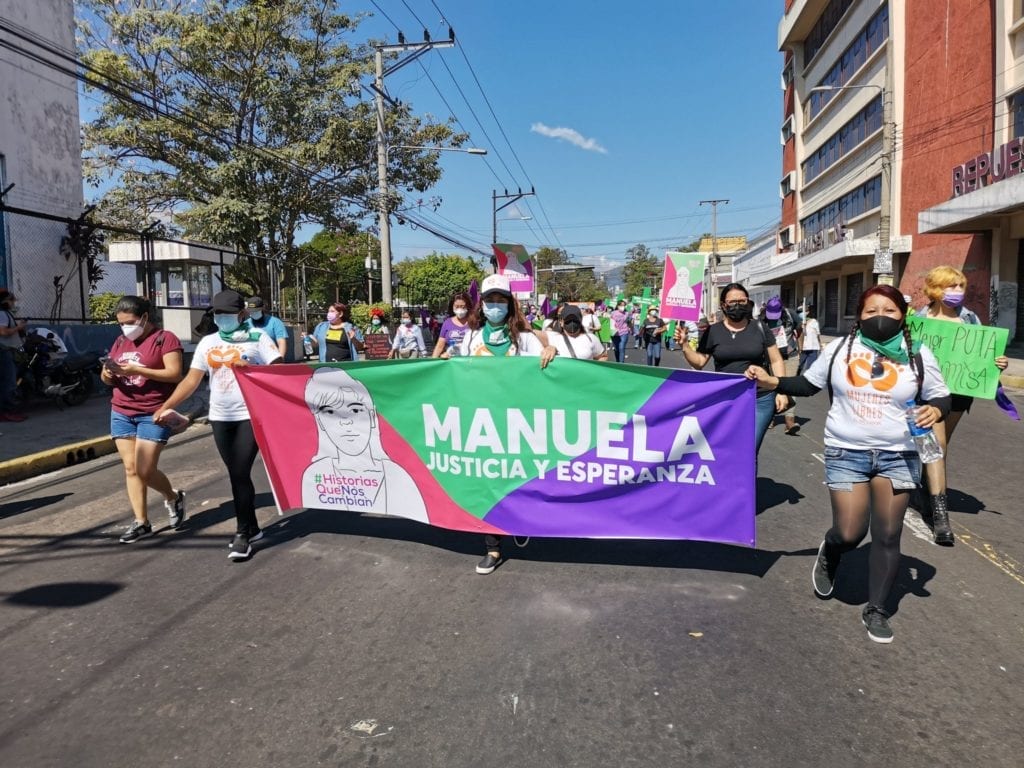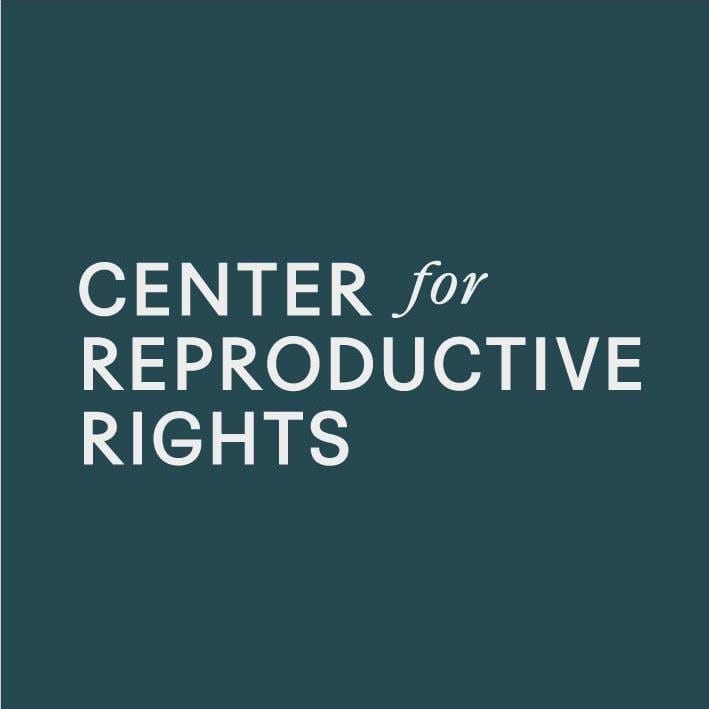Inter-American Court of Human Rights Orders El Salvador to Reform Policies That Criminalize Women for Accessing Reproductive Health Care
In Manuela v. El Salvador, Court holds the country responsible for the death of a Salvadoran woman imprisoned after an obstetric emergency.
11.30.2021 – (PRESS STATEMENT) Today, the Inter-American Court of Human Rights announced a ruling in the case of Manuela v. El Salvador ordering the State of El Salvador to reform its legal and health care policies that criminalize women for seeking reproductive health care.
The case was brought by the Center for Reproductive Rights, the Colectiva Feminista para el Desarrollo Local and the Agrupación Ciudadana por la Despenalización del Aborto.
The ruling established for the first time in the region that health staff can no longer refer women to law enforcement who come to the hospital seeking reproductive health care, including abortion.
In its ruling, the Court also deemed the country responsible for the death of a Salvadoran woman, Manuela, who in 2008 was unjustly sentenced to 30 years in prison for aggravated homicide after suffering an obstetric emergency that resulted in her pregnancy loss. Manuela died in prison two years later from cancer, after receiving inadequate medical diagnosis and treatment.
The Court ruled that the State violated Manuela’s rights to life, health, judicial protections and guarantees, freedom from discrimination and gender violence, among others. El Salvador was also ordered to make full reparations to Manuela’s family.
“There is no doubt that Manuela suffered an obstetric emergency […] Such situations, as they are medical conditions, cannot lead to a criminal sanction,” stated the ruling.
This is the first time that an international court has considered the obstacles that women face in accessing reproductive health care in El Salvador, one of the few countries in the world that continues to criminalize abortion under any circumstance. The Court recognized that the legal context in El Salvador’s complete criminalization of abortion directly creates discrimination and gender violence, which disproportionately impacts women in vulnerable situations and leads to the criminalization of obstetric emergencies.
El Salvador has a total ban on abortion and imposes harsh criminal penalties on both women and physicians. The country’s abortion ban has resulted in the unjust imprisonment of countless women who have suffered pregnancy-related complications and miscarriages and have been charged with having an abortion and convicted of homicide.
The Court ordered El Salvador to adopt structural measures towards banning the criminalization of women due to obstetric emergencies. The Court understood that given the situation of structural discrimination impoverished women face, in order to avoid arbitrary criminalization of these women, the State must:
- Develop comprehensive sexual education policies.
- Modify its legislation on doctor-patient confidentiality towards assuring that women are not denounced by the medical personnel who care for them.
- Remove legislation that provides for automatic detention of women who are denounced for having committed abortion.
- Make sure that public policies are adopted to ensure full access to health care is guaranteed to women who suffer obstetric emergencies.
The Inter-American Court of Human Rights also recognized that El Salvador’s legal system limits the rights of health personnel, including the right to provide patients with medical confidentiality. With this ruling, the Court acknowledges that health care professionals have the right and the responsibility to provide medical confidentiality to their patients, and mandates reforms to the legal and health systems in El Salvador to ensure this right is respected.
To ensure that Manuela’s case is not repeated, the Inter-American Court of Human Rights Court also ordered all States under its jurisdiction to:
- Make sure that doctor-patient confidentiality is specially protected in cases in which reproductive rights are a matter of concern, and as a consequence, that women are not denounced by their medical personnel for allegedly having committed abortion.
- Ensure that adequate health treatment is given to women who suffer obstetric emergencies, free from any forms of gender violence.
Statement by Catalina Martínez Coral, Senior Regional Director of the Center for Reproductive Rights for Latin America and the Caribbean:
“Finally, justice for Manuela, and progress for women and girls in El Salvador. The government must assume its responsibility for Manuela’s death, make reparations to her mother, father and children, and implement several structural measures so that no other woman faces the same human rights abuses. The Court’s decision also recognizes rights that must now be applied throughout Latin America and the Caribbean.”
“Because of the legislation that prohibits abortion in all cases, El Salvador continues to impose harsh criminal penalties on women and medical personnel, which encourages the unjust imprisonment of many women after complications and natural pregnancy losses. But that stops now with this strong ruling from the court in Manuela’s case. The unjust imprisonment of women for events associated with obstetric emergencies must stop.”
Statement by Morena Herrera, representative of Colectiva Feminista para el Desarrollo Local:
“The Inter-American Court has done justice by recognizing Manuela was another victim of an unjust legal context that originates in the absolute prohibition of abortion. Manuela’s story is a sad one, but it represents a change and becomes a path of justice and hope for all women in Latin America and the Caribbean who are criminalized for obstetric events.”
“The litigating organizations are confident that the Salvadoran State will comply with the ruling of the Inter-American Court of Human Rights as it has done in many other cases, and are already at the disposal of the State to start as soon as possible with the implementation of this sentence that will give guarantees and save lives, as it seeks to care for the health of all girls and women who have been at risk because of the criminalization of sexual and reproductive health services.”
###
Press contact: [email protected]
Daniel Ruge, senior comms manager for LAC: +1863266669846



